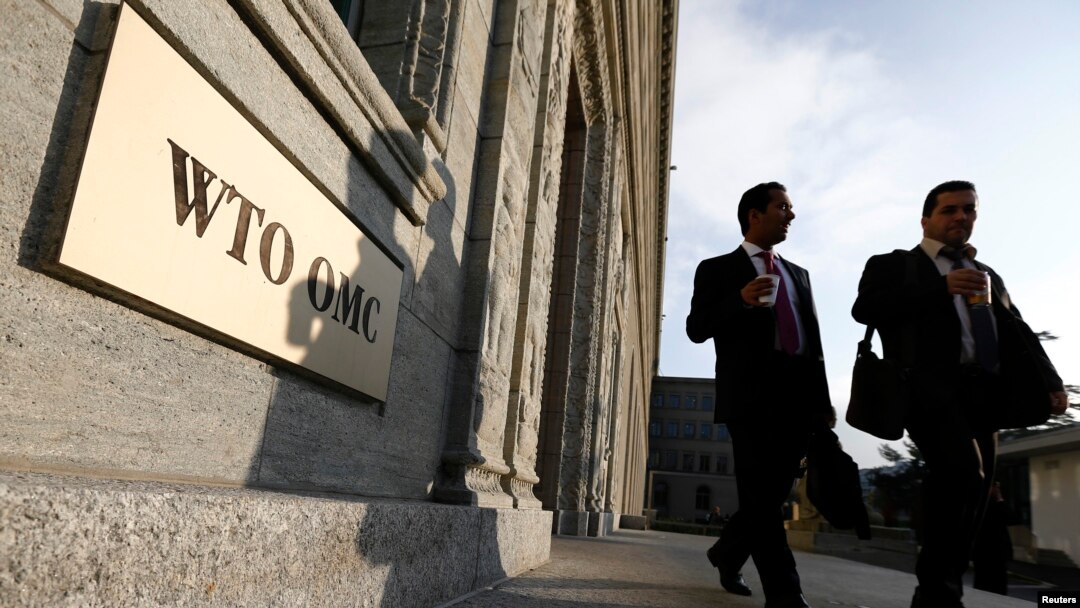Global goods trade will grow by 3.3 percent this year and by 4.0 percent in 2016, less than previously forecast, mainly due to sluggish economic growth, the World Trade Organization said on Tuesday.
“We expect trade to continue its slow recovery but with economic growth still fragile and continued geopolitical tensions, this trend could easily be undermined,” WTO Director-General Roberto Azevedo said.
The WTO figures are based on economic growth estimates from organizations including the International Monetary Fund, which will update its forecasts later on Tuesday.
WTO chief economist Robert Koopman said he had seen the new IMF figures and they would be “in the same ballpark” and not affect the WTO's forecast.
Although the forecasts do suggest some modest growth in world goods trade, they follow repeated downward revisions of trade forecasts as the economic outlook worsened.
Trade grew by 2.8 percent in 2014, far less than an original forecast of 4.7 percent and also below the revised forecast of 3.1 percent that the WTO predicted last September.
The new expectation of 3.3 percent growth this year - already revised down twice, from 5.3 percent and then 4.0 percent, is a small acceleration but far below the long term trend.
Growth averaged 2.4 percent over each of the last three years, compared with an annual average of 6.0 percent between 1990 and the global financial crisis that began in 2007-2008.
“There has only been one other period since the Second World War in which trade growth has been so weak, and that was from 1980 to 1984. However, that period included two outright contractions in trade due to the oil shock and the global recession of 1980-1981,” Azevedo said.
By contrast, the current trade slump has come during a period of continued but modest economic growth, he said.
The long-standing trend of trade growing about twice as fast as GDP appears to have broken, making forecasting particularly difficult, the WTO said.




